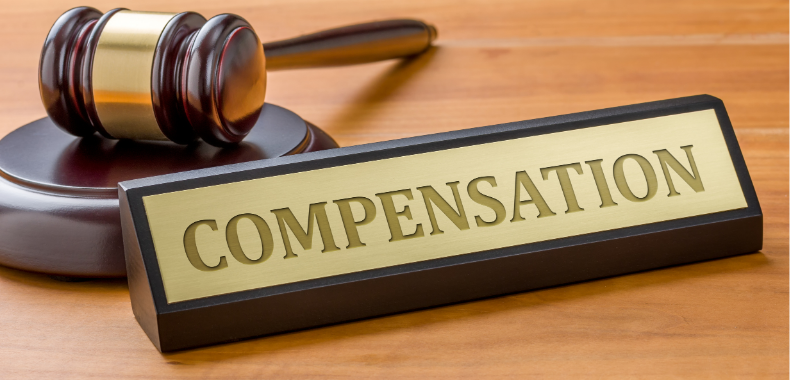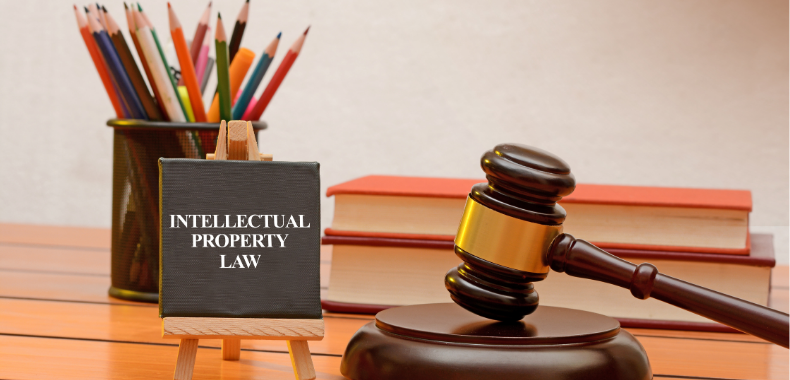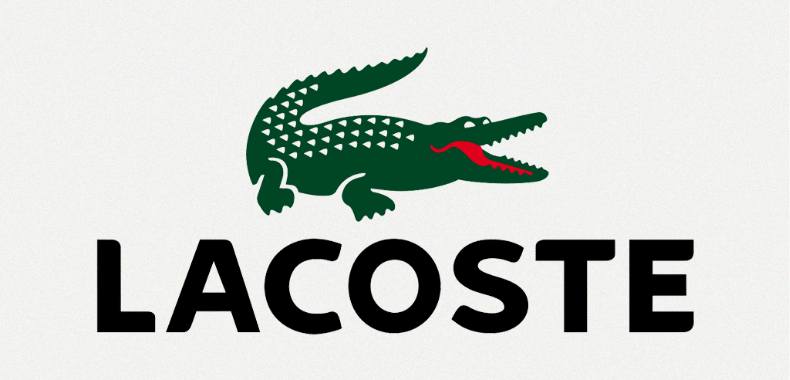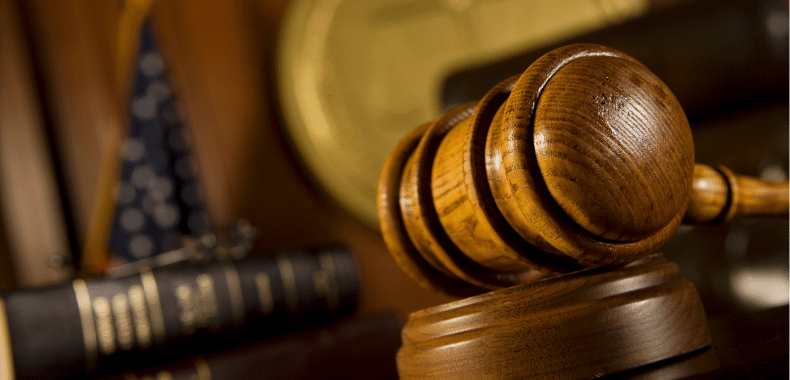The 12th Legal Forum in Lisbon discussed the regulation of artificial intelligence in Brazil, which aims to minimize risks and promote positive uses. Experts highlighted the advantages of AI, such as judicial process automation, and the associated risks, like job loss and privacy concerns. The proposed Bill 2.338/2023 seeks to establish a regulatory framework ensuring ethical AI use centered on human dignity.
The implementation of the bill is meant to bring various benefits to the Intellectual Property field in Brazil. By creating a clear regulatory framework for AI, the bill will provide a solid legal foundation to facilitate the protection of IP rights related to AI technologies – an urgent demand in a rapidly advancing landscape that requires a legal system that can keep pace with it.
The proposed regulation shall also encourage innovation by providing a more predictable legal environment for developers and companies working with AI. With clear rules on what is permissible and how new technologies will be protected, there will be less uncertainty and risk for investments in research and development. Therefore, a significant increase in the creation of new technologies and solutions is expected, strengthening the country’s position in the global scenario.
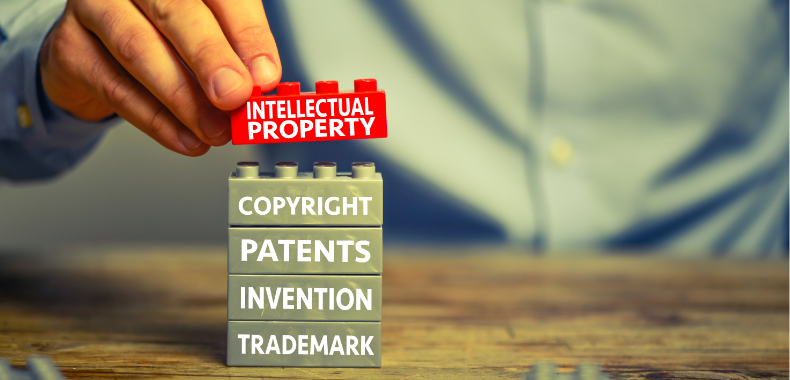
On top of that, the hybrid governance proposed by the bill, involving coordination between different regulatory agencies and a central authority, will ensure that AI regulation is efficient and adaptable to technological and societal changes. This model intends to a rapid response to new challenges, in order to ensure that IP rights are protected effectively.
The focus on human centrality and transparency is yet another positive aspect. Humans must have the final say in AI decisions, according to the bill, so the law can be effective against the misuse of technology and guarantee that fundamental rights, including IP rights, are respected. Transparency in AI governance also contributes to business trust, promoting a more secure environment for innovation.
This bill might represent a significant advancement for AI regulation in Brazil, bringing numerous benefits to Intellectual Property. If well implemented, it shall create a clear regulatory framework that encourages innovation. It might prepare Brazil to lead in the era of artificial intelligence, using and developing technology in an ethical and beneficial way.
—
Author: Carlos Roberto Parra and Cesar Peduti Filho, Peduti Advogados.
Source: Regulação da IA no Brasil pode minimizar riscos e privilegiar usos positivos (https://www.conjur.com.br/2024-jun-27/regulacao-da-ia-no-brasil-pode-minimizar-riscos-e-privilegiar-usos-positivos/)
—
If you want to learn more about this topic, contact the author or the managing partner, Dr. Cesar Peduti Filho.
Se quiser saber mais sobre este tema, contate o autor ou o Dr. Cesar Peduti Filho.



